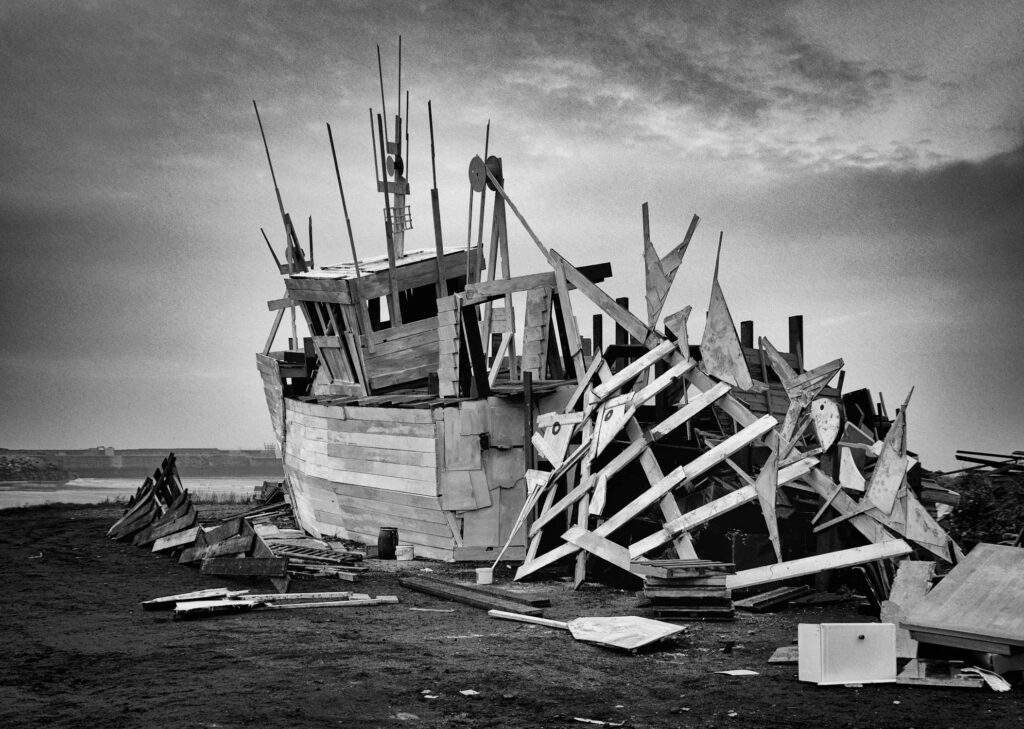
Men have a peculiar way of fastening themselves to their own misery, of constructing their prisons and then bolting the doors from within. They will toil from sunup to sundown, breaking their backs over ledgers and lathes, pushing papers and pulling levers, all in the service of what they have been told is necessity. But it is a necessity of their own invention, an altar at which they kneel though the god has long since departed.
They do not dream beyond their station. They do not suspect that the door is already ajar. They have been raised to believe that their bondage is the natural state of things, that life is a matter of dutifully surrendering one’s days to an employer and receiving, in return, just enough to sustain the body, though never enough to nourish the soul. It is a grand confidence game, and they are both its victims and its enforcers.
One might think that, seeing the great ship of society listing and taking on water, they would leap at the chance to save themselves. But no—the ship is all they have ever known. To leave it would be to surrender the imagined security of its sinking decks for the uncertain salvation of a floating plank. They would rather go down with the ship, hands still clutching their ration books and their pay stubs, than entertain the thought of swimming toward something uncharted.
It is not intelligence alone that binds them, for the wise and the foolish alike remain tethered. Nor is it purely a matter of comfort, for many who suffer under this system suffer openly and bitterly. No, the chains are forged in the mind, in the quiet acceptance that “this is how things are” and that any departure from the known is madness. What is madness, though, if not continuing in servitude to a failing master?
They say that the world has become too complicated for anything else. That a man cannot simply step away, build his own cabin, take his own sustenance from the land, and be free. But the complexity they cite is a trick of perspective. The farmer who once fed himself now must sell his labor to buy bread. The weaver who once clothed his family now works a machine to afford what his own hands could have made. This is called progress. It is progress in the way that a man progresses deeper into the woods and loses sight of the sun.
Yet here we are, adrift in this vast economy, clutching our timecards as though they were talismans of protection. And when the storm comes, as surely it must, most will go under still believing that if they had only worked harder, if they had only given more, the ship would have stayed afloat.
But there are a few—just a few—who will see the floating plank for what it is. A chance, however uncertain, at life beyond the wreck. And if fortune favors them, they will climb upon it, push away from the foundering mass, and discover, to their great astonishment, that they had never needed the ship at all.
Join us in making the world a better place – you’ll be glad that you did. Cheers friends.